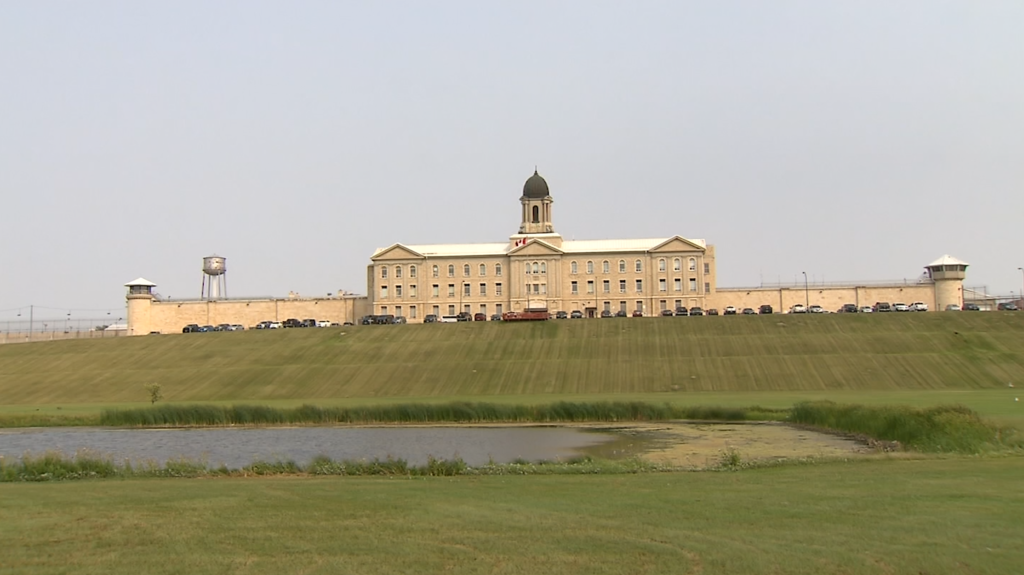Exportation of live horses for slaughter must be banned: animal rights activists
Posted June 12, 2022 1:38 pm.
Last Updated June 12, 2022 1:43 pm.
An animal welfare rally drew dozens of protesters to the Manitoba legislature ground Saturday as activists demanded the government put an end to horse exploitation.
Humane societies say thousands of horses are shipped overseas from Canada every year for slaughter.
That practice must end and federal lawmakers need to do more, according to animal rights activists.
“Most people don’t even realize there’s horse slaughter in general,” said Kimberly Lyons, the president of the Blackbird Ranch Equine Rescue and Rehab in Stonewall, Man.
“It’s just sad. There’s no one to speak up for them at all.”
The groups and horse lovers from across Manitoba say it’s unjust to sell the animals for meat, as they denounced Canada’s horse exportation industry.
“They have feelings,” said Corinne Nykorak, the rescue ranch’s vice-president. “They get scared just like we do. It would almost be like sending your mother, your father, your grandfather, to a slaughter.”
National Day to End Horse Exportation
Saturday’s rally marked the inaugural “National Day to End Horse Exportation.” There was a rescue horse on the legislature grounds for the event.
“We are betraying Canada’s gentle giants” read one of the many signs held up by protesters.
Brittany Semeniuk, a veterinary nurse and animal welfare specialist with the Winnipeg Humane Society, says the exportation of horses for meat happens more often than people might think, especially in a province with a deep agriculture connection like Manitoba.
“For centuries, we relied so heavily on these gentle draft horses to build our roads, our buildings, and that’s why we have so many Manitobans coming out to the legislative grounds to speak out against horse exportation,” said Semeniuk.
“It’s a local issue we’re trying to stop and trying to address.”
Horses shipped from three Canadian cities
Semeniuk says every year, 3,000 to 5,000 horses are exported from one of three airports in the country: Calgary, Edmonton and Winnipeg.
The Canadian Food Inspection Agency (CFIA) says 41,000 horses have been shipped overseas for slaughter since 2013.
The Winnipeg Humane Society says some horse breeds – like Clydesdales, for example – are bred for exportation.
Semeniuk wants it all to stop.
“Anyone that has ever met a horse knows just how incredible they are,” she said. “They’re highly sentient, they’re highly intelligent, and to put a ban on shipping these animals overseas for slaughter would be such a huge win for Canada and for our animals.”
CityNews reached out to Agriculture and Agri-food Canada, but did not immediately hear back.
“The CFIA is aware that some Canadians object to the export of live horses,” the regulatory agency says on its website.
Lyons says it’s important for members of the public to understand the work that goes into owning a horse, to ensure fewer of the animals end up in vulnerable situations.
“A lot of it is about education and we just want to promote that because a lot of people get into horses, ‘Oh I just got this cheap horse,’ and they don’t realize the ultimate end cost,” said Lyons. “The horse is the cheapest part of it.”








